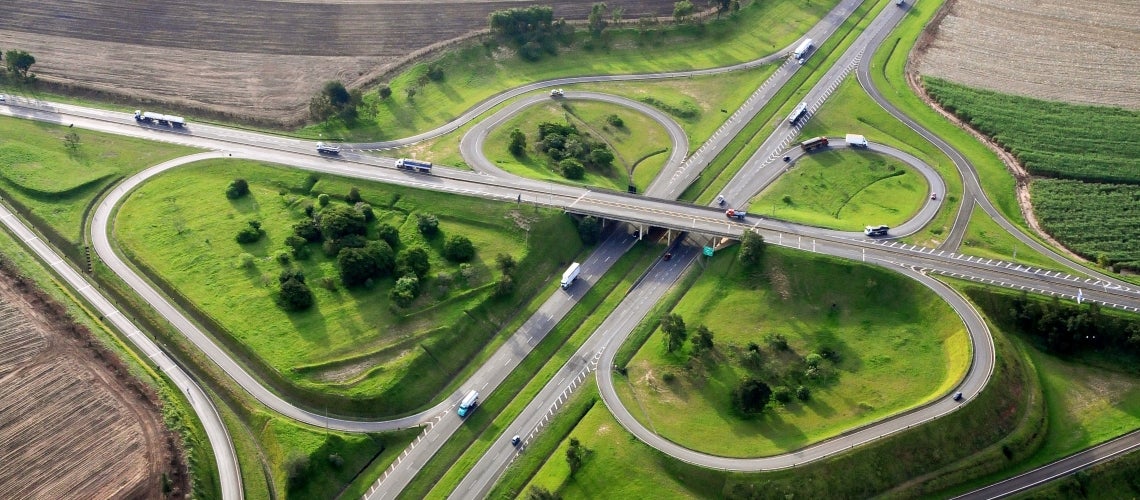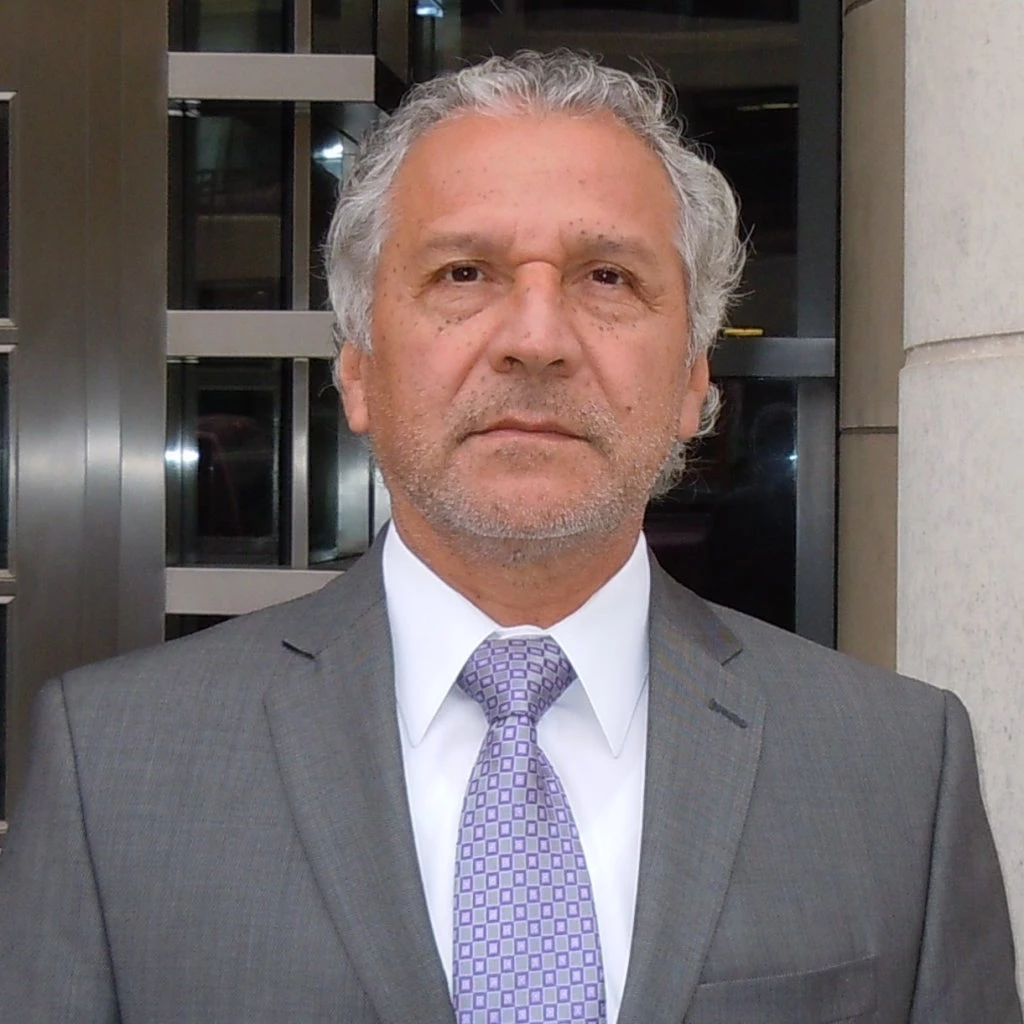 Brazil roadways | © International Finance Corporation
Brazil roadways | © International Finance Corporation
With the coronavirus (COVID-19) affecting government budgets and investor risk appetite across the globe, it’s critical to support public sector infrastructure development to ensure economies have the foundations they need to accelerate the recovery once it gets underway.
Recent successes in Brazil’s transportation infrastructure show this is possible.
Indeed, what started amid turmoil and investment uncertainty a half decade ago has transformed into a new model of private participation in international investment—and a way to build infrastructure that provides a roadmap to a stronger economy.
How did the country get there?
With the world’s fourth largest highway and road system, Brazil is building on its success with public- private partnerships (PPPs) to create more reliable, safer, and greener road infrastructure. Although the country has 1.8 million kilometers of federal and state highways, only 18 percent of roads are paved, making transport unsafe and expensive in many parts of the country.
The state of São Paulo—responsible for a third of Brazil’s GDP—has always been in the forefront in creating innovative road PPPs. Since 1998, its 7,200 kilometers of privately managed roads have helped reduce accidents by 12%, traffic-related deaths by 18%, and injuries by 21%.
They say necessity is the mother of invention, so when a financial crisis hit the country in 2014, negatively impacting the local investors who had once dominated the infrastructure market, São Paulo saw the need to change the game and rethink expiring road concessions, which had seen little improvement in transaction structure for nearly two decades. Its goals were to attract new players by enhancing the projects’ bankability in national and international markets and to increase the long-term reliability of the state’s road infrastructure.
Creating a model in São Paulo
IFC advised São Paulo on development of a new concession model that incorporated innovations, increased transparency, and adhered to international best practices, such as foreign exchange protection, better rules for early termination, and three-party agreements that increase bankability and attractiveness to investors.
Despite the economic crisis and uncertain investment environment, the new concession model attracted top international investors and financing through capital markets, including the first-ever standalone participation of a private equity fund in the country’s road sector. In this challenging context, the state tendered four road PPPs in 2017–2019, securing $6 billion in private investment.
Following this initial success, in early 2020 the government of São Paulo partnered with IFC to structure and tender the largest road concession in the country’s history—the 1,273-kilometer Piracicaba-Panorama (PIPA) highway concession that connects eight regions across the state. The winning consortium was composed by GIC (the Singapore Sovereign Fund) and Patria Investments.
The PIPA Road concession agreement was signed virtually on May 15, 2020, securing $3.4 billion of mandatory investments and an upfront fee of $270 million paid to the state.
The project, expected to create 7,000 new direct and indirect jobs in the first two years, incorporates innovative measures that include:
- Modern road design that increases safety based on International Road Assessment Program (iRAP) methodology, introduced for the first time in a Brazilian concession agreement and one of the first in the world.
- Zero Carbon Program provisions that enable the private operator to offset CO2 emissions from operations by generating clean energy and acquiring carbon credits, among other strategies.
- A Frequent User Discount program that provides progressive toll discounts for drivers based on how often they use the highway.
- 600 kilometers of increased capacity for traffic flow through the implementation of new lanes.
Although the COVID-19 pandemic has led to uncertainties for infrastructure investments around the world, there have been no changes in the PIPA Road contract since the January auction. The winning bidders and their lenders are confident that provisions in the agreement, as advised by IFC, are sufficient to deal with the effects of the pandemic.
The redesign of São Paulo’s road concession program was implemented by IFC with the support of a technical and financial partnership that was created in 2007 between the Brazilian Development Bank (BNDES), the Inter-American Development Bank (IDB), and IFC. It promotes innovative and bankable infrastructure projects in Brazil in line with best national and international standards.
Expanding the model in Brazil
The success in São Paulo state is transforming how PPPs are implemented countrywide. IFC is leading work with the federal government, with support from the BNDES-IDB-IFC partnership and the Global Infrastructure Facility, to improve four federal highways that stretch 2,000 kilometers through 10 states in Brazil’s Northeast, South, and Southeast regions, serving as the central nervous system of the country’s transport network. Meanwhile, in the state of Paraná, IFC will advise on the structuring and implementation of eight federal road PPPs that span 4,000 kilometers. The two projects will total more than $16 billion in investments and benefit from adherence to IFC’s Environmental and Social Performance Standards.
With a track record of finding innovative solutions in difficult times, Brazil has demonstrated its capacity to build resilient investment models that withstand economic shocks and continue delivering the infrastructure that its economy and people rely on.
Related Posts
How the World Bank is looking at COVID-19 and public-private partnerships, right now and post-crisis
COVID-19 and infrastructure: A very tricky opportunity
Steering Colombia’s future: Ruta del Sol lays the foundation for nation’s road PPPs
What it takes for subnational PPPs in Brazil
Promoting bankable PPPs in Brazilian municipalities
An innovative partnership for infrastructure in Brazil
This blog is managed by the Infrastructure Finance, PPPs & Guarantees Group of the World Bank. Learn more about our work here.




Join the Conversation